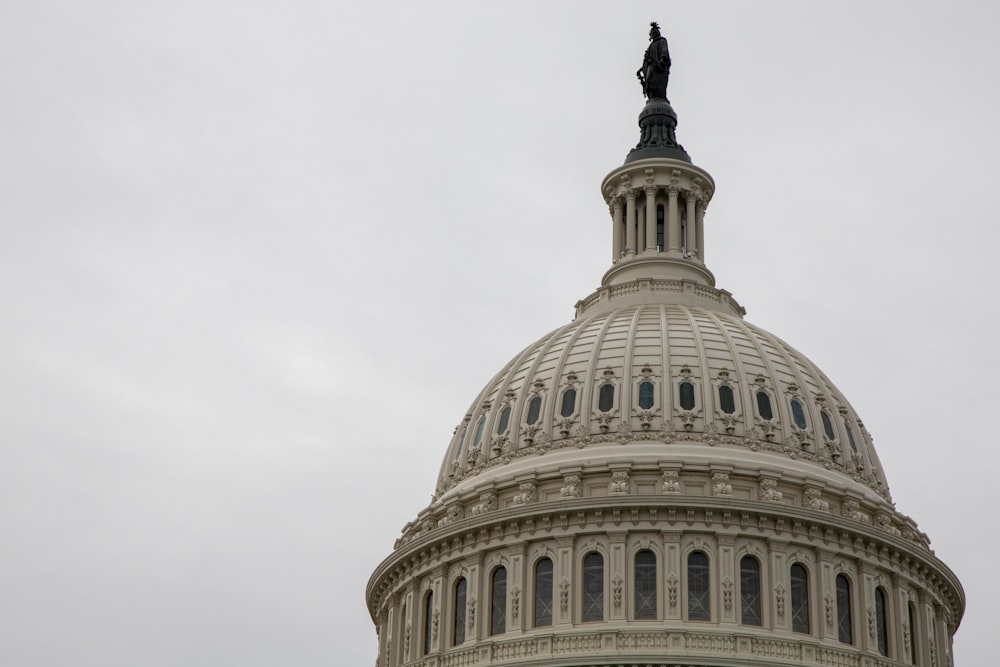The Evolution of Constitutional Rights: A Historical Analysis
Introduction
Constitutions serve as the bedrock of a nation’s legal and political framework, shaping the rights and responsibilities of its citizens. Throughout history, these foundational documents have evolved in response to societal changes, political upheavals, and shifts in values. Examining the historical trajectory of constitutional rights offers insights into the development of modern governance and the ongoing struggle for justice and equality.
Origins of Constitutional Governance
The concept of constitutional governance traces back to ancient civilizations such as Mesopotamia, Egypt, and Greece, where written laws established the framework for societal organization. The Magna Carta of 1215, often regarded as a landmark in constitutional history, limited the power of English monarchs and laid the groundwork for the rule of law. Subsequent documents, including the English Bill of Rights (1689) and the American Declaration of Independence (1776), further codified principles of individual liberty and government accountability.
Expanding Rights Through Amendments
Constitutions are not static documents but rather dynamic instruments capable of adaptation. The process of amending constitutions has been instrumental in expanding rights and addressing injustices. The United States Constitution, for example, has undergone 27 amendments, including the Bill of Rights, which enshrines fundamental freedoms such as freedom of speech, religion, and assembly. The abolition of slavery (13th Amendment), granting women the right to vote (19th Amendment), and the Civil Rights Act of 1964 (supported by the 24th Amendment) illustrate the transformative power of constitutional amendments in advancing equality and justice.
Interpreting Constitutional Principles
Central to the evolution of constitutional rights is the interpretation of constitutional principles by courts and legal scholars. The doctrine of judicial review, established by the landmark case Marbury v. Madison (1803) in the United States, empowers courts to strike down laws that violate constitutional rights. Through landmark decisions such as Brown v. Board of Education (1954) and Obergefell v. Hodges (2015), courts have played a crucial role in shaping the interpretation and application of constitutional provisions, particularly concerning issues of racial segregation, marriage equality, and reproductive rights.
Global Perspectives on Constitutionalism
While each nation’s constitution reflects its unique historical, cultural, and political context, there are common themes and principles that transcend borders. The Universal Declaration of Human Rights (1948), adopted by the United Nations General Assembly, outlines fundamental rights and freedoms inherent to all human beings, serving as a global benchmark for constitutionalism. Comparative constitutional scholarship allows for cross-cultural analysis, facilitating the exchange of ideas and best practices in constitutional design and governance.
Challenges and Controversies
Despite progress in the expansion of constitutional rights, challenges and controversies persist. Debates over the scope of individual liberties, the balance of powers between branches of government, and the protection of minority rights continue to shape constitutional discourse. Emerging issues such as digital privacy, environmental protection, and the rights of marginalized communities pose new challenges for constitutional democracies, requiring innovative solutions and a commitment to upholding core principles of justice and equality.
Conclusion
The evolution of constitutional rights is a testament to the resilience of democratic governance and the ongoing pursuit of a more just and equitable society. By understanding the historical foundations, the process of constitutional amendment, the role of judicial interpretation, and the global dimensions of constitutionalism, we can appreciate the complex interplay of law, politics, and societal values in shaping our collective future. As we confront new challenges and opportunities in the 21st century, the principles enshrined in our constitutions serve as guiding beacons, reminding us of our shared commitment to liberty, equality, and the rule of law. Read more about Constitution



